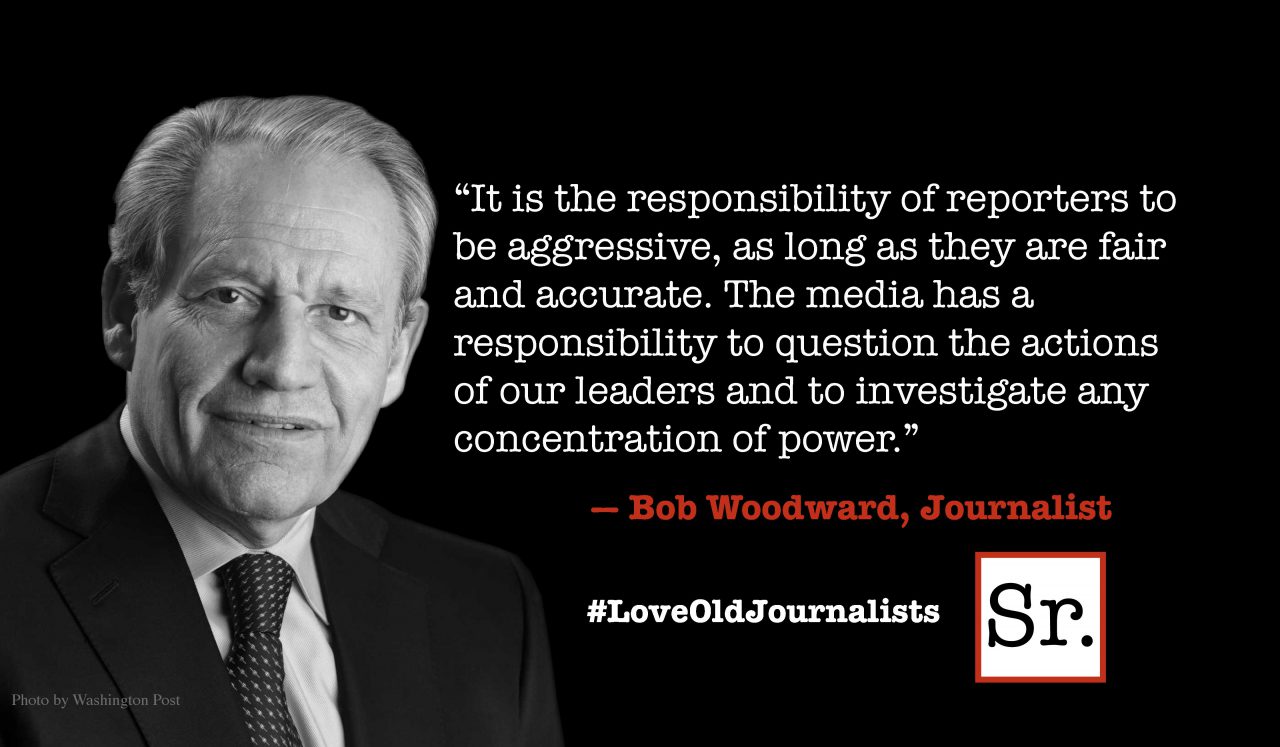In the 24/7 world of work, the work day never ends. And one Monday can run into another Monday pretty much without notice. We're all wired up and ready to go at a moment's notice. It's easy to race through a day, a week, a month, a year and, yes, even a decade in this mode. And in this mode, it is easy for our life to lead us.
All of this contributes to a general sense of continuously feeling overwhelmed and depleted, and can cause us and others on our team to become disengaged.
Full engagement begins with feeling eager to get to work in the morning, equally happy to return home in the evening and being capable of setting clear boundaries between the two. It means being able to immerse yourself in whatever you do at any moment, whether it is your work life or your personal life.
Less than 30 percent of American workers are fully engaged at work, according to data collected by the Gallup Organization in early 2001. Some 55 percent are “not engaged.” Another 19 percent are "actively disengaged" meaning not only are they unhappy at work, but that they regularly share those feelings with colleagues. The cost of a disengaged workforce runs into the trillions of dollars. Worse yet, the longer employees stay with organizations, the less engaged they become if no steps are made to re-engage them. Gallup found that after six months on the job, only 38 percent of employees remain engaged. Like a wicked virus that corrupts the functioning of your computer, the disengagement virus spreads throughout organizations attacking productivity and profits.
There are many other causes for employee disengagement in the workplace. According to Terri Kabachnick's book “I Quit, But Forgot to Tell You,” the top causes include:
1. Job-employee mismatch. Resumes are written to sell candidates, and references are not always as forthcoming as we need them to be. Without an effective screening process, it's easy to put a first base player in left field.
2. Overworked and underappreciated. High performers are often recognized and rewarded by being overloaded with assignments that less engaged colleagues are not handling to the bosses’ satisfaction.
3. Culture shock. When a leadership change occurs, people may feel they no longer fit. Other major changes can contribute to this as well.
4. Perception. The perception that a manager intentionally plays favorites, when sometimes it is nothing more than the manager feeling more comfortable with some individuals rather than others.
5. Politics and control. Sometimes new managers make it known that they intend to fire some employees to bring in their own people. This introduces a level of fear into the organization, and causes people to be more concerned about protecting themselves than doing the work of the organization.
6. The "Peter Principle." People do not intentionally accept promotions because they hope to "rise to the level of their incompetence." They usually feel this is the only route to earning more money. Promotions can also result in job mismatch.
7. Leave your brain at the door. Many organizations have organized work in such a manner as to require little to no thinking by individuals. Another version of this is that there may not be an effective way for employees to contribute ideas for improvement or to express concerns.
8. The "Bad" boss. The Gallup research suggests that poor leadership and poor management is one of the main reasons employees become disengaged. Disengaged managers can easily spread the virus of disengagement to their employees.
Most disengaged employees were once engaged. Disengagement begins when caring, learning and development ends.
How fully engaged are you at work? What about your colleagues or the people who work for you?
Your Coaching Challenge, Should You Choose to Accept It:
Assess your own level of engagement. Are you as tuned in and turned on by your work as you once were? If not, why?
Assess the level of engagement of those who report directly to you. Are they as tuned in and turned on by work as they once were? If not, why not?
Spring is the time for renewal. Renew and re-engage in your work as well as your personal life.









